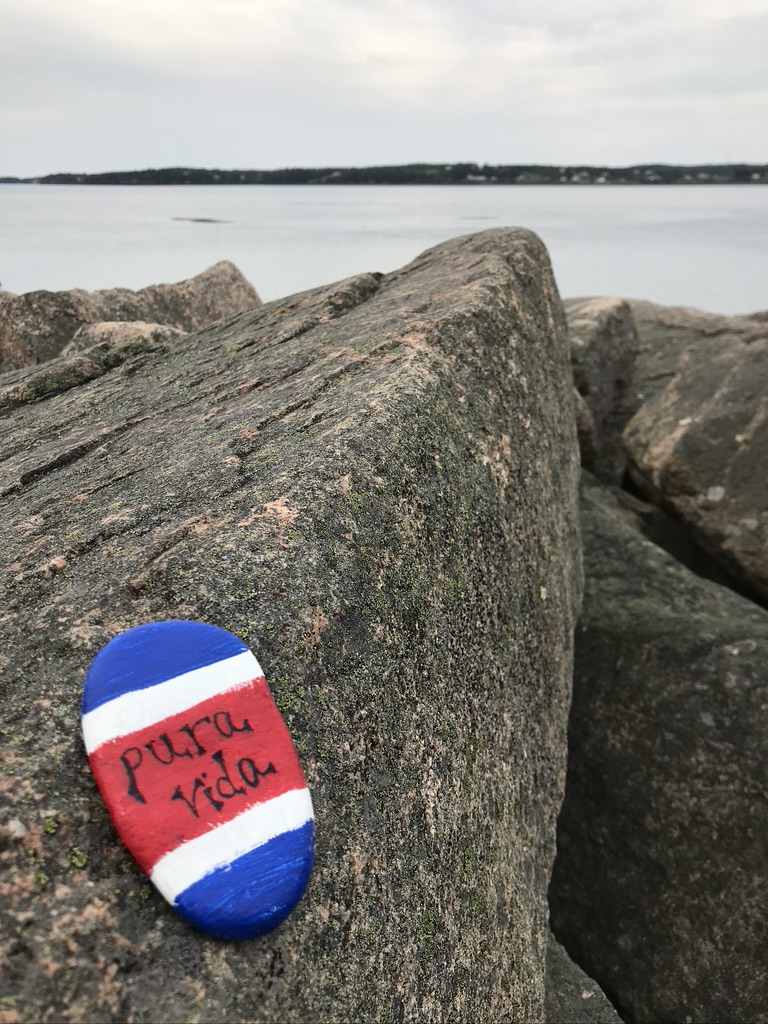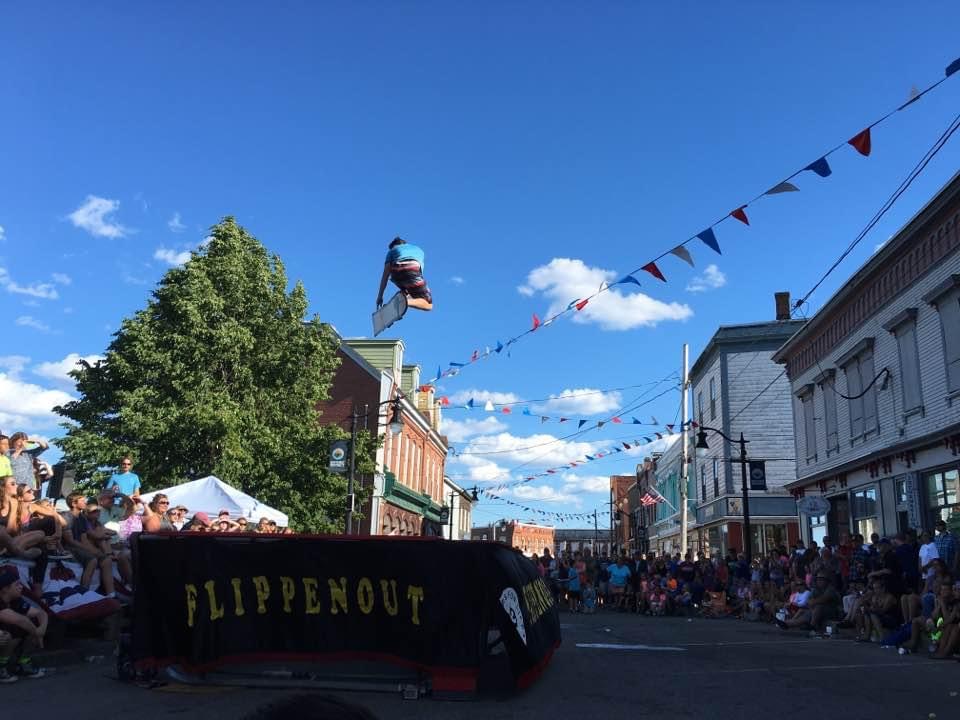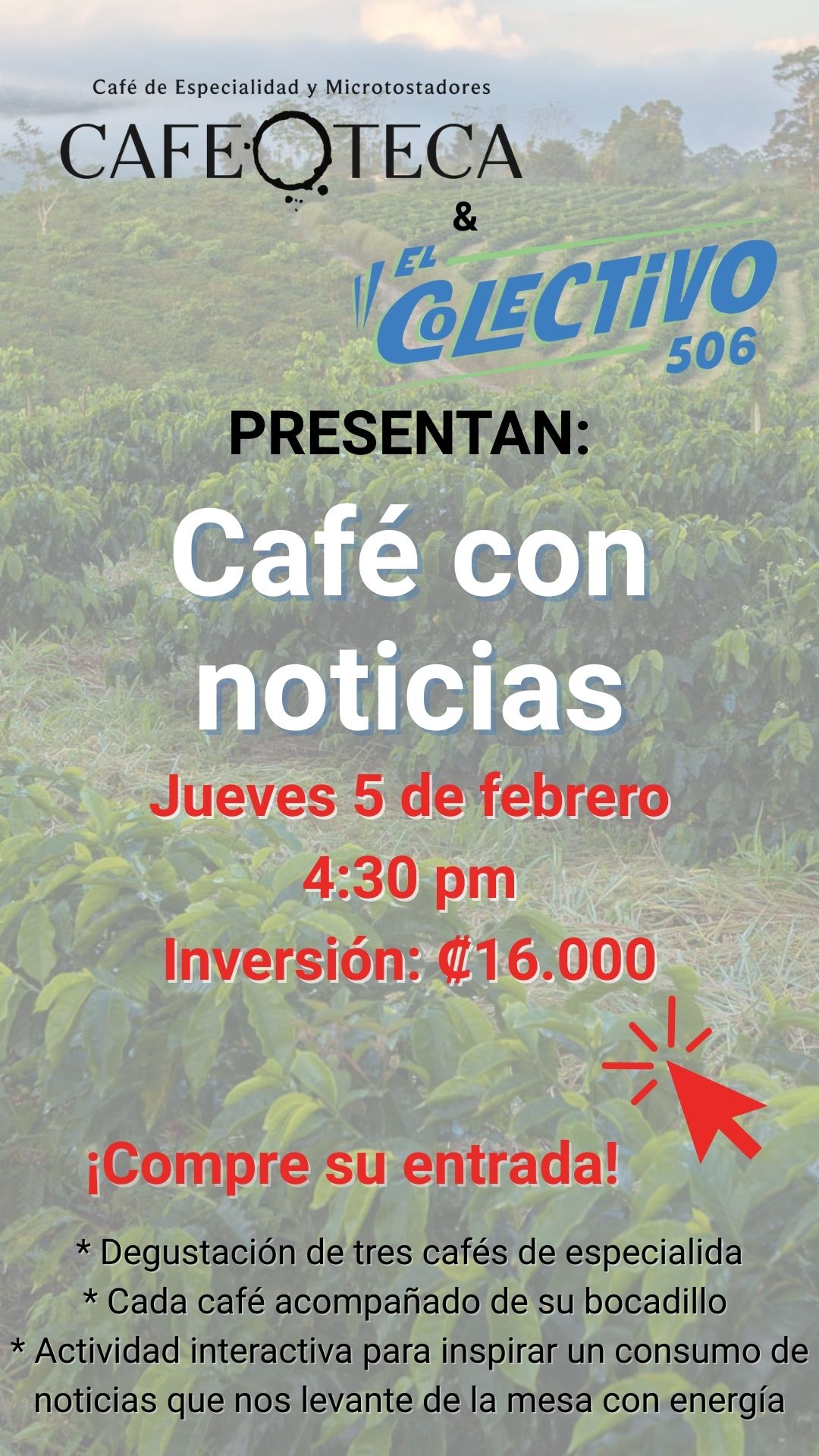What happens when you love it with detachment?
That’s the question I’m left pondering after 20 years of loving one country that isn’t mine—and my own, from afar—and learning just as much from both experiences.
When my husband and I got married, I wanted a reading from Kahlil Gibran, but I chose “On Friendship” rather than “On Marriage.” The latter seemed un-thrilling to me. It’s all about the importance of detachment and space. “Let there be spaces in your togetherness,” he wrote, “and let the winds of the heavens dance between you. Love one another, but make not a bond of love: Let it rather be a moving sea between the shores of your souls… And stand together yet not too near together: for the pillars of the temple stand apart, and the oak tree and the cypress grow not in each other’s shadow.”
I thought: meh. It didn’t sound quite right for us. Perhaps that’s because we are both introverts who have no need for reminders to hold onto our own space. It is something we do naturally; in our case, we can afford the intertwining of branches, overlapping shadows.
But when I think about love of country, I see the wisdom of detachment. My love for my adopted nation has been so much healthier because it doesn’t belong to me. I celebrate its achievements without a sense of propriety; I am less likely to take its virtues for granted; I examine its shortcomings without a sense of shame.
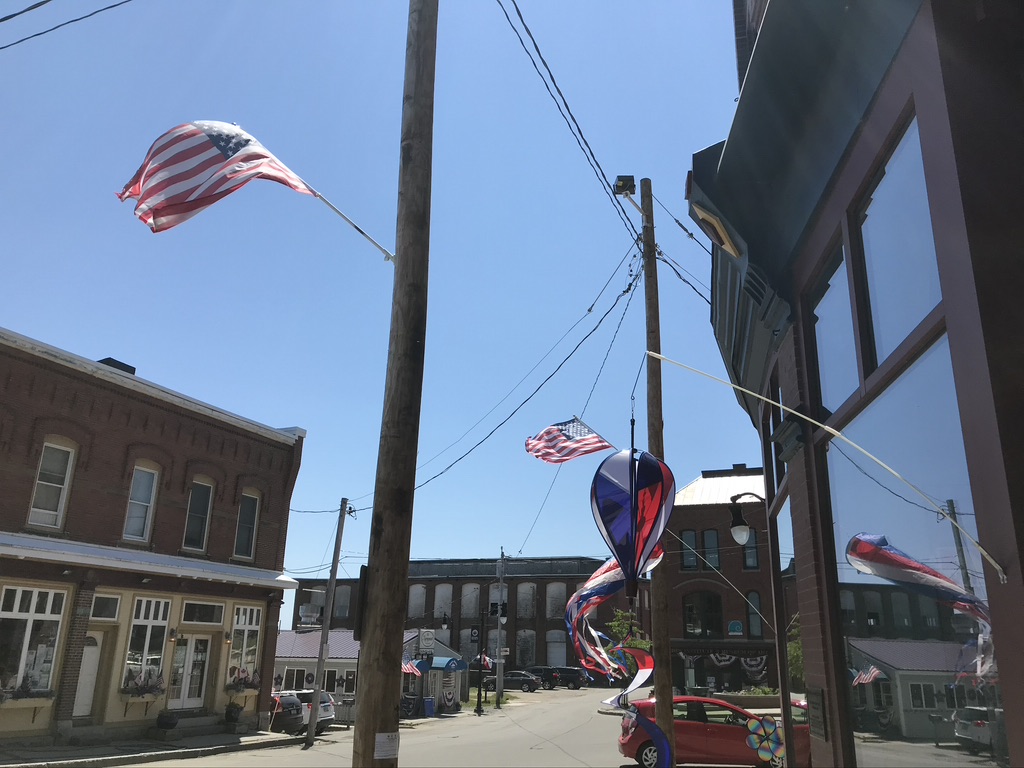
This has made me rethink the way I relate to the United States, which looms so large in the minds of its citizens and on the world stage (though not as large as we often think; we are a myopic people). In that relationship, shame is a dominant emotion. I don’t mean that I am ashamed to be a U.S. citizen. I mean that I take very personally our shortcomings and failures, especially those that create a benefit for me. When asked to explain them abroad, I feel embarrassed, as if I am part of one of those nightmarish group projects at school—you know, “by the end of B period, figure out how to save democracy”—and have been nominated by the chaotic group to present our work to the class as one of my teammates makes faces at me, another sticks gum underneath the table, and the third is stoned out of his mind.
Or I feel as though I am talking about family secrets.
In a way, I am. But I would be a better citizen if I felt anger, not shame. Anger is such an uncomfortable emotion, especially for many women, but I am coming to love it. It is powerful.
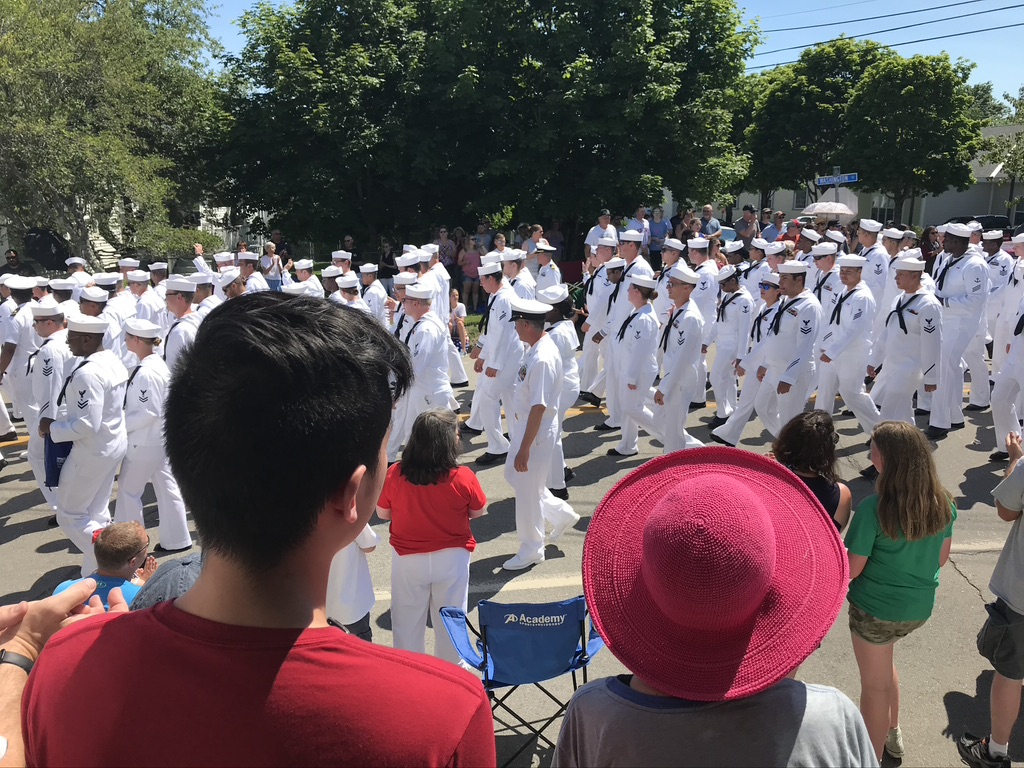
My 20 years in Costa Rica have allowed me to discover what love of country is like when it is a choice we make, rather than a weight we were born with. I chose Costa Rica, and continue to choose it, because of its commitment to peace, public health, conservation, education, and democracy—and as a result, I feel entitled, in the best way. Entitled to the qualities that were advertised, as long as I continue to work on their behalf. I feel a connection to them, ownership. When they are attacked, I am like a yappy chihuahua.
I am a better and more useful U.S. citizen when I apply that thinking to my own country, too. I am quicker to realize when it is not that we have failed, but that I have been failed. Quicker to cast aside the old misattributed and misinterpreted idea that “we get the government we deserve.” We never have, and that kind of thinking keeps us quiet and submissive and ashamed. It cuts off the oxygen to our anger, and we need our anger now.
I am in the United States today, at my mother’s house near the Canadian border. On July 1st, Canada Day, we watched their fireworks at a distance, across the water.
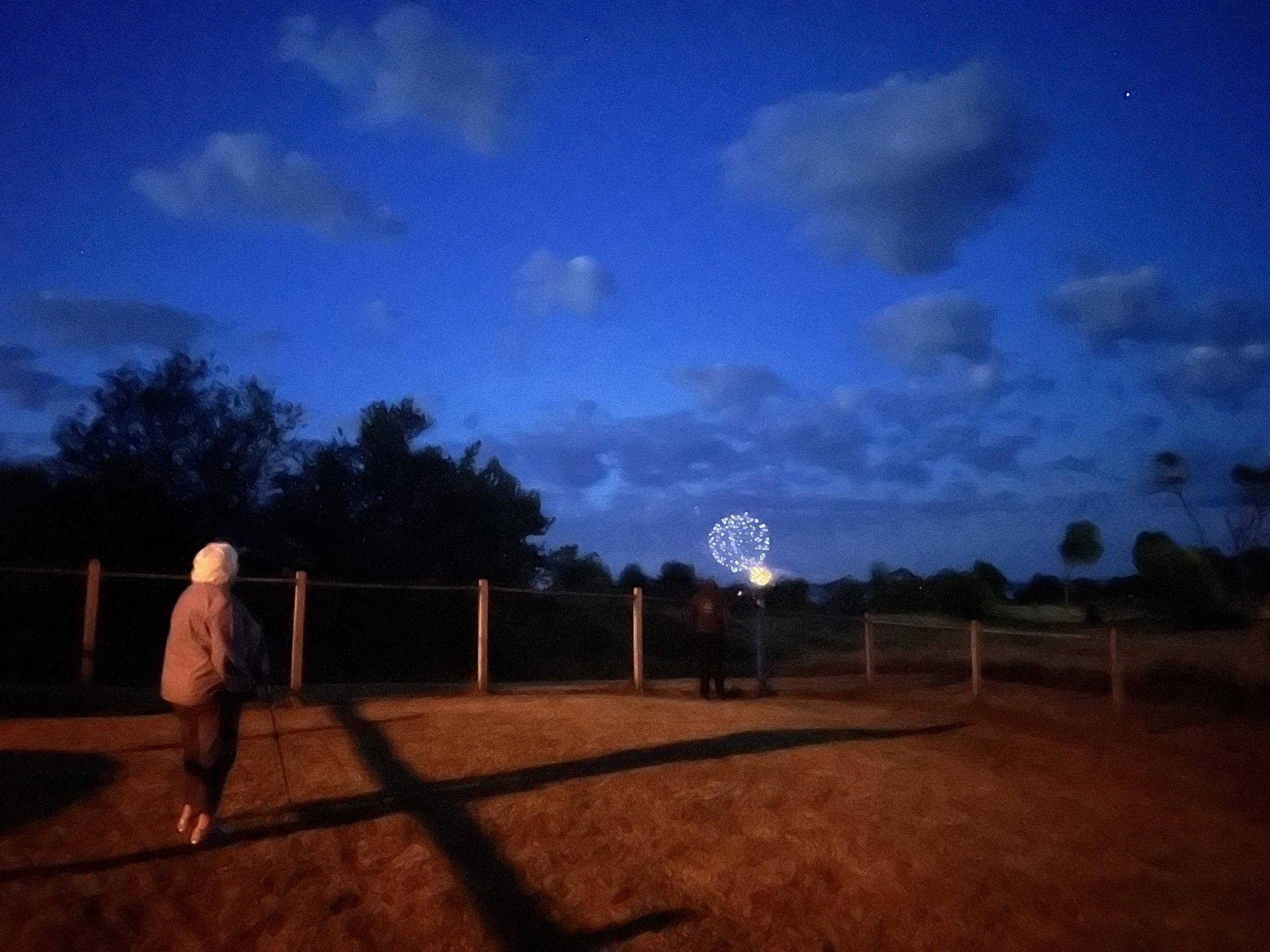
I wondered if I could watch my own country’s fireworks in the same way. If I could imagine “country” less like a family, but more like a set of ideals, never attained but no less worthy for that failure. A set of ideals we are born to, yes, but also choose. A distant shore, a fixed point, with all the chaos and dysfunction tossing in the dark sea in between.
Maybe if I think about it that way, I will feel as if the bunting and flags are really for me. For the choice I keep making.
The best commentary I ever heard about marriage, and I can’t now remember who it came from, was that “I do” is not a decision you make once at an altar. It’s a decision you have to make every day of your life. “Good morning. I do. Do you?” “I do. Want some coffee?”
That is more or less what the poet meant, I guess. Make a choice, not a bond. Make sure both your trees can reach the sun on their own. Love with space. Love with oxygen.
And so: good morning. I’m scared, and I need more coffee, and oxygen, and apparently an emotional support animal just to sit near me as I consume the news.
But still, I do. Do you?
Adapted from a column in the author’s Substack publication, “Break Glass and Read.”
